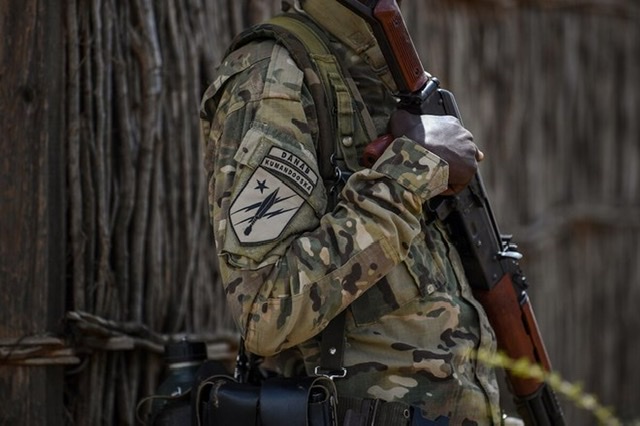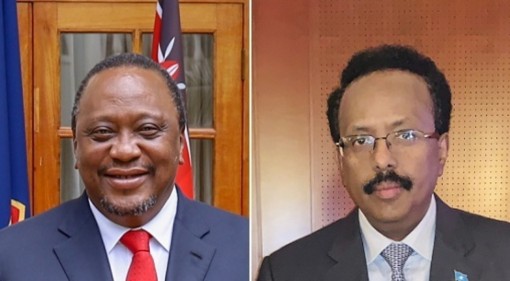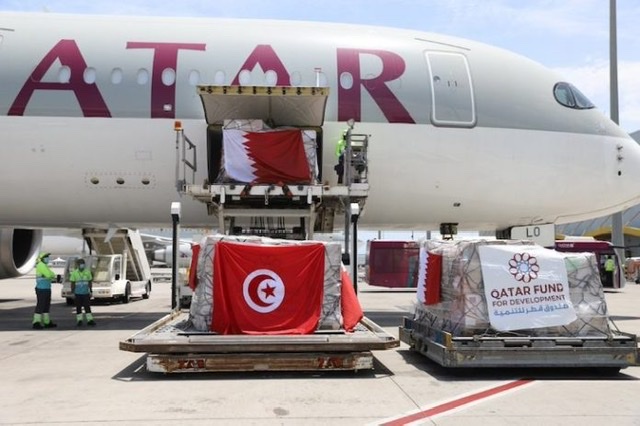Share the post "AFRICOM predicts mission training Somalia’s ‘Lightning Brigade’ will last until 2027"
As the Pentagon weighs adjusting troop presence in Africa and elsewhere, AFRICOM is predicting it will continue to develop the so-called “Lightning Brigade” until 2027 — approximately a decade after the U.S. Special Operations forces first got involved training the specialized infantry to combat al-Qaida offshoot al-Shabab, who has between 5,000 to 7,000 militants in Somalia.
“The Danab is a capable force, especially there in Somalia,” AFRICOM’s deputy director of operations Army Brig. Gen. Miguel Castellanos told Military Times. “I think our engagement on a day-to-day basis with the Danab soldiers is very helpful for them to get the experience and see the professionalism of our forces.”
Since the Danab was first formed in 2013, the force has expanded from approximately 150 personnel to between 800 to 1,000 troops. Ultimately, Castellanos said the goal is build up a force of 3,000 Danab troops.
Before working with U.S. military advisers, those training to become Danab forces first work with Bancroft Global Development, a nonprofit organization who works with the State Department to recruit and train Danab forces, a State Department official in the region told Military Times in 2019.
The personnel are then handed over to U.S. military advisers for additional training in advanced warfighting techniques, among other things. AFRICOM did not disclose which military units are in Somalia training the Danab, citing force protection considerations.
After years of training with U.S. troops, the Danab forces now are conducting most missions on their own, according to Castellanos.
“That training is going well…I would say most of the time they are able to go out on their own and perform missions on their own,” Castellanos said. “It’s becoming more and more common that they’re doing this.”
Castellanos credited the Danab forces’ improvement to experience. Likewise, he said U.S. troops who rotate in and out of Somalia have often served in Somalia previously and are therefore familiar with the Danab troops.
Meanwhile, recruitment of new Danab forces has slowed in recent months — an outcome Castellanos attributed to difficulties the Federal Government of Somalia has had finding “appropriate soldiers.”
The federal government also has a tendency to become sidetracked when not focusing on establishing security or combating al-Shabaab, he said.
“I think part of it’s just been that slow building for the government to provide soldiers,” Castellanos said.
For some experts, this is cause for concern — particularly given that Somalia is poised to take over security responsibilities from the peacekeeping African Union Mission in Somalia forces by 2021.
According to Katherine Zimmerman, a resident fellow at the American Enterprise Institute and an adviser to AEI’s Critical Threat Projects, there are some uncertainties after this turnover happens.
“I think the real concerns that I have are going to be whether this force continues to build…if you’re looking at the timeline that we’re operating on, there’s the looming 2021 deadline with the AMISOM forces and kind of this big question of what comes next after that,” Zimmerman told Military Times.
The AMISOM mission is backed by the United Nations and was first launched in 2007 to enhance stability in Somalia.
Paul Williams, a professor of international affairs at George Washington University, doesn’t believe the Danab and the rest of the Somali National Army will be adequately prepared by 2021 to counter the threat of al-Shabab and provide stability for Somalia as nearly 20,000 AMISOM forces scale back their mission.
Although the Danab units remain the “most effective” in the Somali National Army, Williams said they don’t have the capacity to “do everything” and advised Somalia politicians against diverting Danab forces from missions they’ve been trained to do, such as offensive operations.
“Somali politicians must guard against the desire to break up the units or use them for missions they are not trained to conduct, including holding operations,” Williams said




